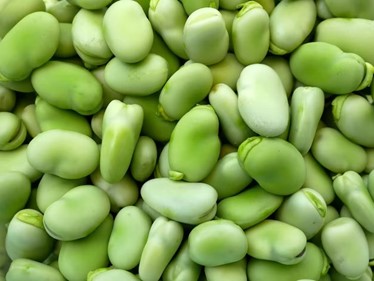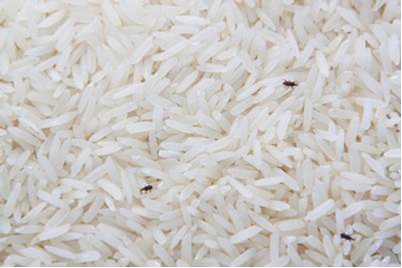Introduction
Fava beans are large, flat, green broad beans widely grown and consumed in various regions around the world. As a good source of protein and other nutrients, fava beans have become increasingly popular, especially among a growing segment of health-conscious and environmentally-aware consumers who are actively seeking out alternative sources of protein beyond animal-based options. However, do you know that the consumption of fava beans can potentially cause a fatal condition called favism in people with Glucose-6-phosphate dehydrogenase (G6PD) deficiency? Read on to find out more.
What is G6PD deficiency?

Images by Freepik
Red blood cells are needed to transport oxygen to the rest of the body. During transportation, G6PD is an enzyme that protects your red blood cells from damage and supports your immune health. For G6PD-deficient individuals, the lack of this enzyme causes their red blood cells to break down more easily, leading to jaundice (yellow appearance of skin) and anemia (lack of red blood cells). This condition arises largely due to genetic factors and affects an estimated 500 million people worldwide. In Singapore, approximately 1.5% of our population are diagnosed with this condition. Therefore, the consumption of certain foods ought to be avoided for these individuals due to health reasons.
What are the effects of eating fava beans when you are G6PD deficient?
When a person with G6PD deficiency eats fava beans, a condition known as "favism" can be triggered due to the presence of naturally occurring compounds vicine and convicine in the beans. These compounds are relatively heat stable and are not removed by cooking. This condition accelerates the destruction of red blood cells (hemolytic anemia), resulting in symptoms such as jaundice, dark urine, and enlarged spleen. In severe cases, one's kidneys could be damaged, and it may even become life-threatening.
How can consumers protect themselves?
If you are diagnosed with G6PD deficiency, you should be mindful of your dietary choices to minimize potential health concerns.
Here are some tips for you:
- Avoid consuming fava beans, including plant-based meat produced using fava bean proteins.
- Always check food labels to ensure that the product does not contain fava beans as an ingredient.
- Always check whether a dish contains fava beans before consuming it when eating at retail establishments.
- Avoid potential cross-contact of fava beans and other food ingredients during food preparation.
- If you have consumed fava beans, seek immediate medical attention if you experience any discomfort.
- If you are looking for alternative proteins in your diet, you can consider other plant-based proteins such as soy, wheat or even fungal-based proteins like mycoproteins.
References
- G6PD Deficiency | National University Hospital (nuh.com.sg)
- Information on G6PD by the World Health Organisation
- Eliminating vicine and convicine, the main anti-nutritional factors restricting faba bean usage. Trends in Food Science & Technology. 91, 549-556, 2019.
About the author
Soon Fang Min is a Scientist from the Risk Assessment and Communications Department of the National Centre for Food Science. She has attained a Bachelor of Science with Honours in Food Science and Technology from the National University of Singapore.




